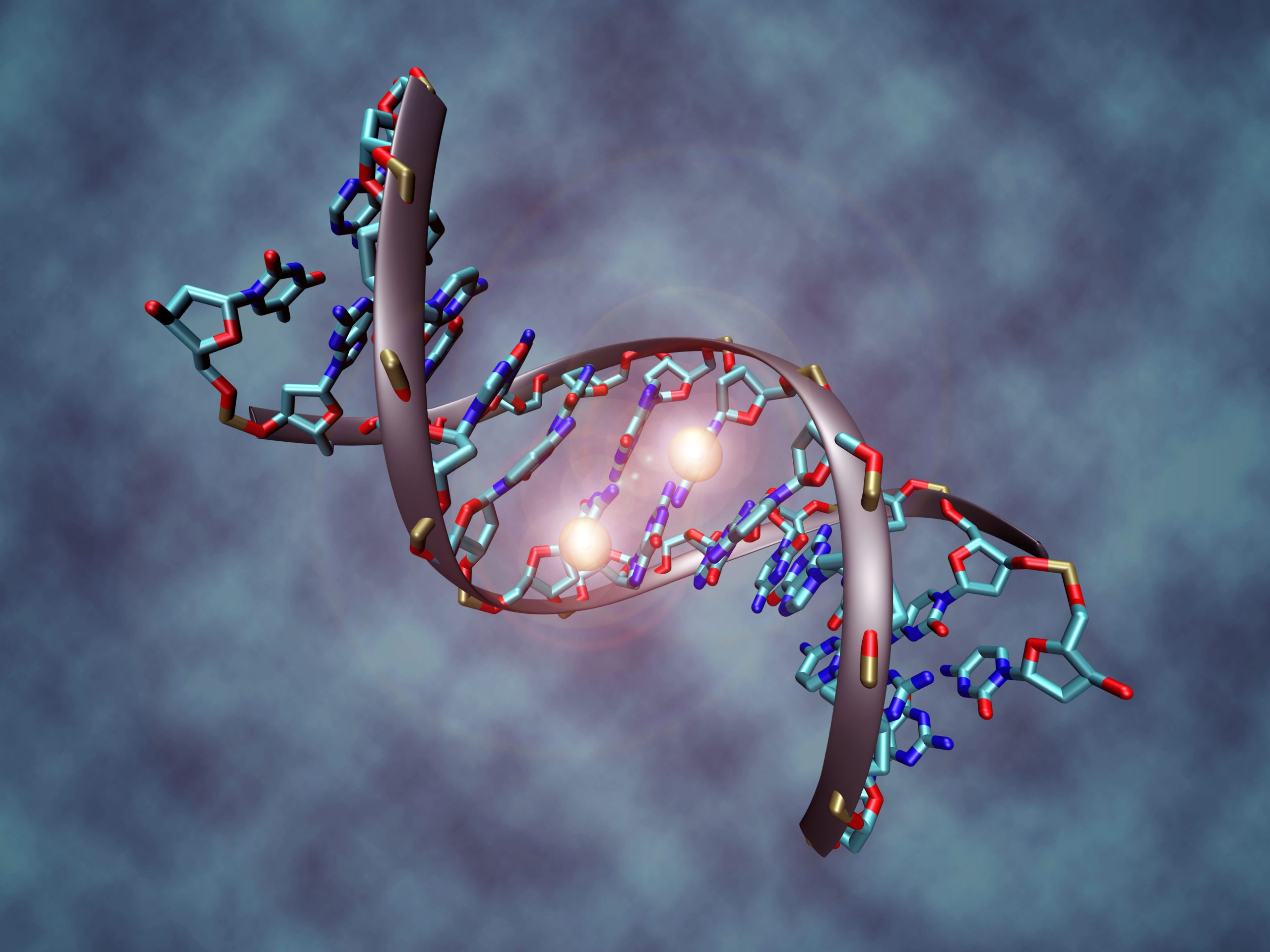From Dec. 1 to Dec. 3, the International Summit on Human Gene Editing took place in Washington, D.C. with the intention of discussing the pros and cons of human gene editing, and whether it should be allowed at all.
For those who are unfamiliar with gene editing, the easiest way to explain it is that science now has the tools to remove and replace damaged or unfavorable DNA inside cells, or even in gametes and embryos. This offers the capability to neutralize genetic diseases, as well as alter other traits. Why is this important? Think of it this way; some cancers have been proven to have inherited susceptibility, meaning gene editing could be the next cancer treatment.
Now, it’s hard to argue against a potential cure for cancer. However, one concern with gene editing is the unknown potential effects of its widespread use. Gene editing in somatic cells makes DNA changes that are not passed on to offspring, making it far less controversial, but germline editing, the editing of gametes and embryos, alters the DNA that is passed onto future generations. Once a change is made through germline editing, it cannot be undone easily and its effects will continue to be passed on.
Humans can’t see the future, and we have no way of being certain what long term effects the alteration of DNA in our population will cause. Sure, science can conduct experiments to test for possible outcomes of altering DNA in embryos, and they can make predictions of how an altered genome will affect future generations. But at the end of the day, these actions could have detrimental effects for human race that scientists failed to consider as possibilities.
On the other hand, the widespread use of gene editing could lead to a new age of humanity marked by world peace and immortality. Unlikely, but we don’t know for certain, do we?
One of the common concerns with allowing gene editing is that it will lead to the creation of designer babies. Parents choose desired genes for their offspring based on personal preference rather than necessity. This could lead to an advanced class of humans, made more intelligent or more athletic by their parents.
Humans can’t see the future, and we have no way of being certain what long term effects the alteration of DNA in our population will cause.
This in turn could lead to decreased diversity as more and more people choose the same favorable physical traits for their offspring. This homogeneity would be disastrous for the human race if these same once favorable genes become unfavorable due to an environmental or social change.
An obvious solution to prevent this from occurring would be to regulate what scientists are allowed to alter, but that leads to a host of new problems: Who is in charge of regulating, the federal government, the state government, an international authority, or a coalition of scientists? A combination of them all? Who will decide what the punishments for illegal editing be, or what would happen to illegally altered offspring?
Regulation is undoubtedly needed in this situation, but there are still a lot of questions that need to be answered and details to be hashed out before humanity embraces gene editing.
Another concern discussed amongst more religious members of humanity is that altering DNA constitutes “playing God.” While people are right to be cautious when tampering with science we don’t quite fully understand, we should not pass by this opportunity to prevent future suffering from genetic diseases because of a mild fear that humanity might not be meant to use the tools necessary to do so.
I would agree that there are certainly some things germline gene editing shouldn’t be used for, such as designer babies, but to argue against the use of gene editing to cure genetic disease based solely on a religious view that is not shared by all humanity is presumptuous at the very least.
At the conclusion of the International Summit, it was decided that gene editing of somatic cells, which makes changes in the DNA that are not passed down to offspring, are fair game for clinical use if the procedures are ethical and abide by regulations set forth by scientific governing bodies, whatever they may be in each country.
On the other hand, the widespread use of gene editing could lead to a new age of humanity marked by world peace and immortality. Unlikely, but we don’t know for certain, do we?
However, clinical use of gene editing on gametes and embryos is on hold until further studies are done and unique regulations are put in place (though research will continue). Despite this delay, I am of the opinion that germline editing is inevitable now that humanity knows we have the capability to carry it out.
That being said, it is important for us, as members of humanity, to decide how we will deal with this issue when the time to discuss clinical use comes. While we may not be directly affected, we have before us the chance to alter humanity forever, and that is not something we should take lightly.
